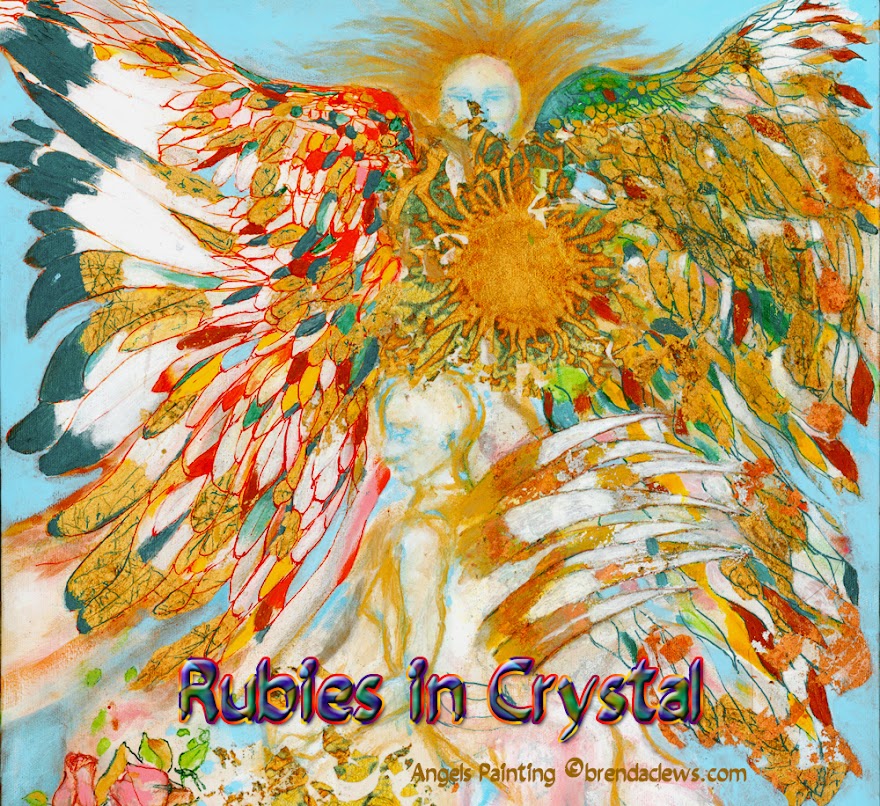Is the lyrical world - of poetry, of song - a world of such danger that those who draw their inspiration from it court madness?
I listened to a TVO poscast, Nick Mount on Sylvia Plath's Ariel, where he makes this point so strongly that I was left wondering if that's what it is.
When you put Nick Mount who says we all become lyrical poets when we fall in love (towards the end of the talk) with Julia Kristeva's Tales of Love who says we all become poets who burst our stories when we fall in love then... well, you'd see where my mind is tonight.
For Mount, the lyrical poem/song has an inherent danger (of madness, break-down, suicide) to the creator of it since it requires a 'leaving of time' to be. For Kristeva, the language of the poets, the lyricisms of the semiotic, are part of the story of love itself, which is only possible outside of the narratives we live our lives through.
Are our narratives, and perhaps all narratives, stories of time, then?
Does narrative have a deep connection to conventional time in ways that lyrical poetry and perhaps falling-in-love itself does not?
You can see why I rarely write discursively in my blog. How do I explain these thoughts without giving you the backgrounds of the books I have read, the talks I have listened to? There is so much more than these few thoughts, too, on this question.
I wonder if it's permissible to write a few cryptic things as best I can rather than nothing because whatever it is I am thinking about today is too complex to relate fully?
Subscribe to:
Post Comments (Atom)
Woman with Flowers 7.1
(7th sketch in series, first iteration of this one) Woman with Flowers Flowers, props upholding the woman. The flowers, fragrant, imaginar...

-
The Buddha says: “ You cannot travel the path until you have become the path itself .” The path is uncertain. Uncertainty is the guiding for...
-
direct link: Tones of Noir music: Alex Bailey, ' Piano Improvisation No 7 .' Do poems wait to be born? A poem whittled out of t...
-
What if relationships are the primary ordering principle? What if the way relationships are ordered clarify, explain, and instruct us on th...



No comments:
Post a Comment